Pain Doesn't Mean Worse
I've noticed over the years and much more lately that people usually think pain means "worse".
And better means less pain.
I started to look at pain with curiosity: what is happening when we have pain? What does pain mean, in general? What meanings do people put on a painful sensation? How does that affect the experience in your body?
Before reading all the way down, do the following experiment for yourself.
Either with a current pain or a remembered pain, what does pain mean to you?
If your neck or back or elbow starts hurting without an obvious cause, e.g., you didn't stub your toe, what does that generally mean to you?
Wait to see all the answers that come up. Some may surprise you.
Is there a time component to pain for you? Ignore it or must handle immediately?
Does it mean anything about you as a person?
What about intensity or quality? If more intense and sharper, does that change how you think about it?
In all my years of wondering and researching about pain, there are two main causes or reasons for pain:
1) Our healing response in the body uses the inflammation biochemistry pathways to lay down new cells and get rid of old damaged cells.
This causes pain. It's adaptive to modify your use of a body part while it's healing. Pain and swelling slow you down and give your body the opportunity to repair.
An easy example of this is a torn tendon or broken bone. The actual injury or torn tissue in the body never hurts. Sometimes this is counterintuitive. The pain comes when the body begins the repair process. With a broken bone, this process begins pretty quickly with swelling to immobilize the injury so then the bones can knit back together. The inflammation rises and it hurts - a lot. In this case, pain means your body is healing itself. Same with a torn tendon. And it's the same with any pain that I could think of. Musculoskeletal pain, cancer pain, arthritis, everywhere your body is working to lay down new cells and heal.
2) Pain is immensely useful for getting your attention.
When your body is getting tired and worn out from too much thinking, it will become painful. We aren't designed to use thinking in the ways that we do or to use it for very long at one time.
This is a really clever and smart design of the body. Your attention comes off of your thinking and onto the body sensation. The thinking no longer exists and your body can relax and return to its natural default state.
Peacefulness.
Commonly, people just don't allow long enough to focus on the sensation of their body before the next whirlwind of thoughts. Many of these thoughts might be the answers to the above questions about pain. Returning one's focus to the actual sensation allows your body to rest. The pain can then dissipate. You may then experience some of the first type of pain if your body needs to heal on a tissue and cellular level. This will feel much less though, without any thinking about it.
A quote from the Sufi poet Rumi comes to mind as I write this:
"Leave thinking to the one who gave intelligence.
In Silence, there is eloquence. Stop weaving,
and watch how the pattern improves."
– Rumi

